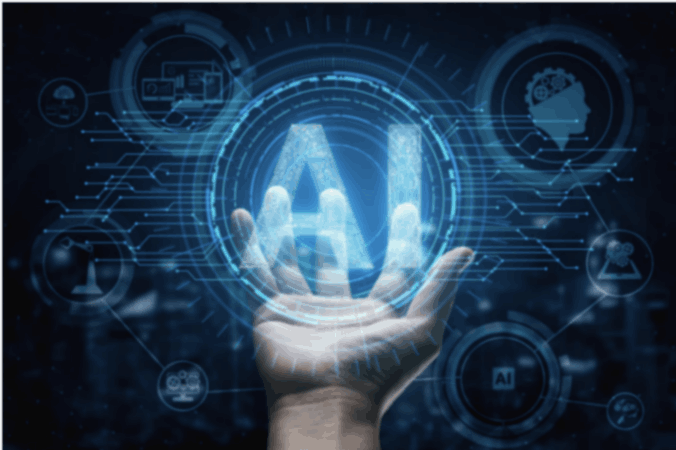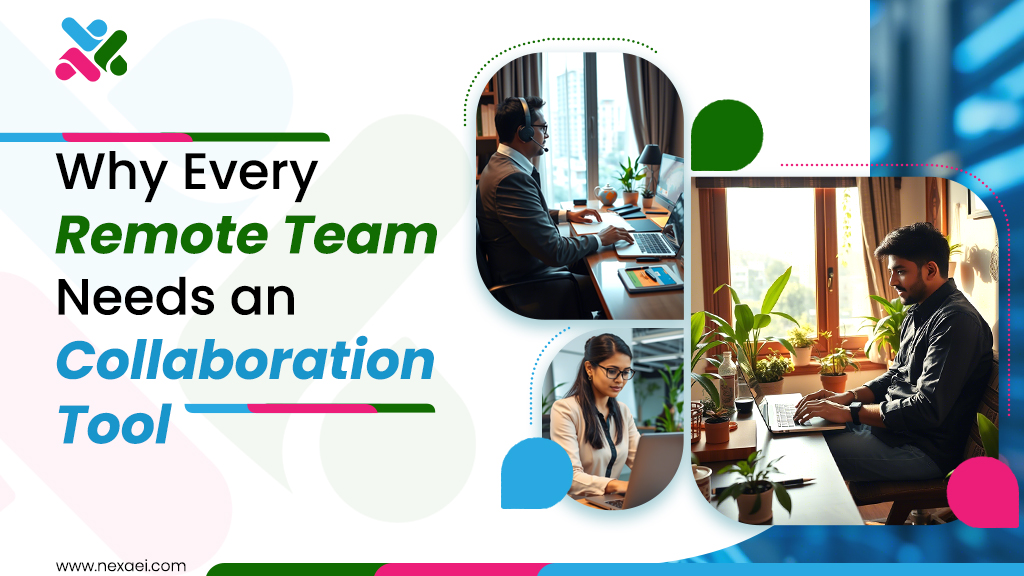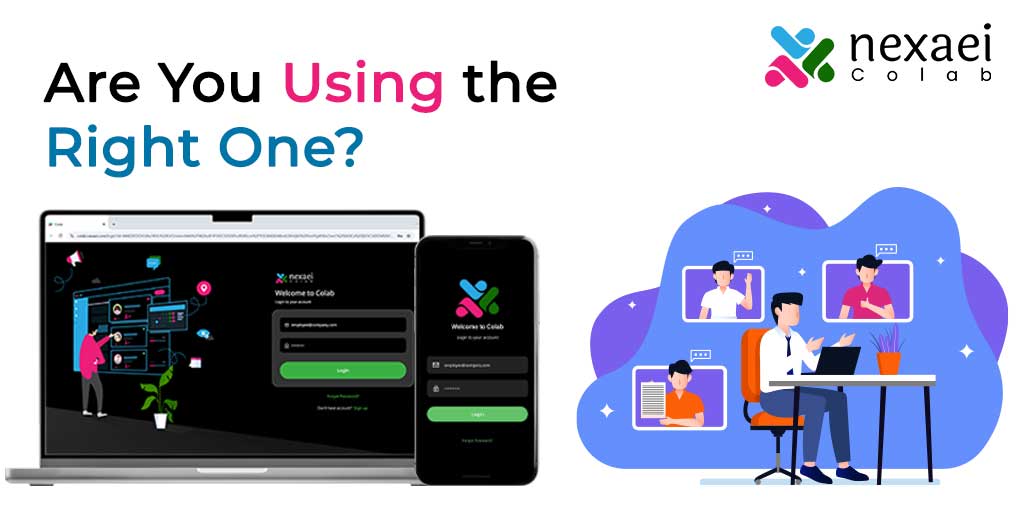As computational verdicts are rising above the human ones, Artificial Intelligence (AI) is gaining precedence in day-to-day organizational operations. AI not just solves a ton of issues faced by companies daily, it gives birth to new challenges too. One such problem is the growing anxiety of humans regarding the fairness of decisions based on AI.
A pertinent question in this context – can an AI-led automated decision-making process be completely unbiased?
That algorithms operate on the provided data to calculate optimal models is the core of the problem. Instead of rectifying a problem, they are known to replicate it. So, the companies need to convince their users that on the successful implementation of AI, the fairness will not be compromised.
To prove the fairness of AI in terms of decision-making, let us take you through some never-before discussed pointers –
Cooperation
Fruitful cooperation of AI and human brains is known to make AI-backed moves fair and free from any bias. Humans are less rational when pitched against machines, and they turn blind towards their misbehaviors, but research proves that humans are generally less biased while judging others. So, for AI to be fair, fruitful cooperation of the two is ideal. It is just that the managers need to be more ethical and intuitive.
Accountability
That AI is fair or not can majorly be decided by the organization that has adopted it because it’s the organization that is accountable for the results generated by the same. So, the judgment of fairness should not be given only by the technicalities of the said algorithms. Mostly there remains a gap between the creation of the data scientists and the desired outcomes of the leaders. So, these two need to work in sync to find out the organizational values that cannot be given up in the name of algorithm utilization.
Negotiation
Algorithms are more accurate than human judgment, any day. But, tasks like rational workflow management are not similar to constructing a humane company. If AI is supposed to promote a work atmosphere that is more humane and less mechanic, then optimizing utility helps in the promotion of learning and improvement in humans. A negotiation mindset is, therefore, required for designing a fair AI model so that an effective negotiation can take place between humanity and utility.
So, to guarantee fair decision-making with the assistance of AI, organizations need to invest in building a work culture in which fairness and credibility are the key components. And only through this can we introduce fairness in human thought and machine computation!







